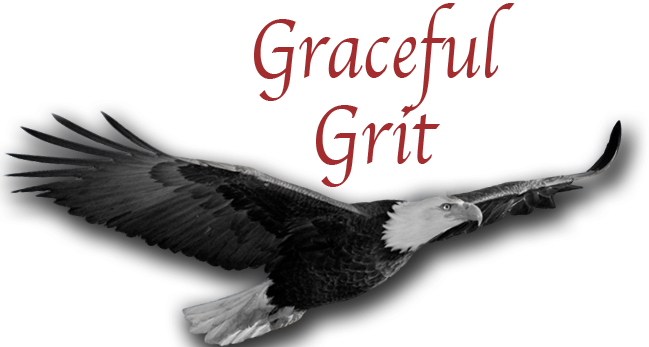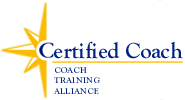RETIREMENT MOVES US AWAY FROM THE FAMILIAR
Retirement marks the end of one of the most familiar aspects of our lives. It also moves us into an exciting territory without a map.
A working career represents decades of our lives. It is the most significant block of dedicated time and focus in our adulthood.
We may have spent years as a highly trained professional, We may have labored in a job that paid the rent , fed and clothed us. We may have loved our job and identified with the status it afforded us. We may have considered our work as “just a job” and felt unfulfilled by the tasks.
Regardless of how diverse our working lives have been , we share a common experience when we retire. We all enter unfamiliar territory. We move away from a schedule, a routine, familiar colleagues and step into a chapter we have never read before.
WHAT ARE WE MOVING TOWARDS ?
This is a question left unanswered when most of us retire. We may consider our options and dream of possible ways to fill our retirement. The majority of retired people , however, enter their retirement phase without a clear plan of what this phase will mean for them. Will Rogers quipped, “Half our life is spent trying to find something to do with the time we have rushed through life trying to save.” AND….the average amount of time people spend in retirement is 20 years!
BEFORE WE RETIRE
Optimally, transition to retirement is most successful when we plan before we actually move away from work. We can then craft the move towards what we want rather than just move away from what we know. Forbes magazine,http://www.Forbes.com, outlines points to consider before we make the actual retirement move:
- Budget for your new phase. Know what your monthly retirement amount is and make a clear plan to live within it.
- Know which friends will be available in your new schedule. Who is already retired?
- Research and investigate groups and clubs you may be interested in. Attend a few meetings . Meet new people before you leave your built in group of work colleagues.
- Plan your first travel trip now. Have a list of desired locations to research after you retire.
- Commit to giving yourself at least one full year to adjust to retirement before making a big change. This can include moving and going back to work- even part- time.
- Have a solid list of experiences that interest you. Do you want to resume an activity from your past- play an instrument, go back to tennis or horseback riding? Have the activity in place before you leave your job. Buy the guitar, take the tennis lessons, etc.
- Have a committed exercise plan in place
WHAT TO ANTICIPATE
What will retirement be like? This much anticipated phase of life offers exciting possibilities! But…..what might we expect? Statistics support that nearly 40% of newly retired people experience depression in the first year after they retire. This is primarily because they did not imagine their new chapter before it happened. Here are some common aspects to anticipate in retirement:
- Lack of identity- you are no longer what you do– you are who you are. You can now define yourself by your most admirable qualities .
- Unanchored or “loose change”- the freedom of retirement can feel disorienting. Your new lack of time constraints can be disorienting.
- Elated – you are FREE of so many previous constraints!
- Lonely- you may no longer have a built in set of colleagues with whom you regularly interact.
- Without purpose- even if your job was unfulfilling, it DID have a purpose.
This list has contradictory aspects. Some of them are distressing . There ARE antidotes to the distress! Retirement is an adjustment to a new you, a new chapter and new possibilities. As we any change, it takes time and resolution action to make this chapter try one of the best times of life.
I can walk along side you as you make this transition!







